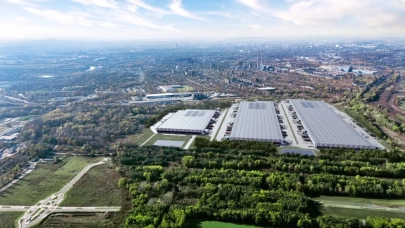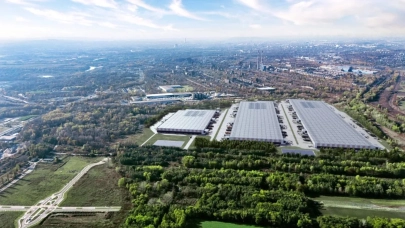
The Polish government’s bill on supporting new investments will introduce new regulations on state aid and operation of Special Economic Zones (SEZs). It is estimated that the proposed amendments will attract more than PLN 2.5 billion worth of investments in the first year of the new regulations being in force and result in 200,000 new jobs created within ten years. Michał Rafałowicz, Head of the Pomeranian Region at Cresa Poland analysed the impact of the new SEZ act.
The new regulations will permit applying for SEZ state aid across Poland wherever business activity may be conducted, irrespective of the planned project location. This will ease the burden of lengthy procedures of extending SEZ borders in the case of investors targeting non-SEZ areas. Existing SEZs will continue to operate until the end of 2026.
Corporate income tax exemption for new investments will be the key form of state aid provided regionally, meaning that the former rules for granting state aid will continue to be in place and vary by region.
A decision granting state aid will replace an existing system of permits to operate within a SEZ territory. Such a decision will be issued by a SEZ manager authorised by the Ministry of Development following an investment project assessment. The proposed bill does not specify a procedure of applying for such a decision, but it is not expected to differ fundamentally from the current procedure of applying for a SEZ permit.
Another major amendment to the regulations in force will be the introduction of qualitative and quantitative project evaluation criteria that will have to be met by investors applying for state aid. Quantitative criteria indicate that regions with high unemployment rates will be supported. In addition, small and medium-sized enterprises are expected to benefit from much lower evaluation criteria set for such organisations, making it much easier for them to expand.
A review of qualitative criteria shows that less state aid will be channelled to reducing structural unemployment. There will be a stronger focus on supporting highly innovative projects, R&D activities and creation of specialised jobs.
Duration of state aid will also change. It will not depend on the term for which an SEZ is established. As a result, the investor will be granted a tax exemption from ten to fifteen years on average, depending on the investment location.
The new act aims to broaden the offer of attractive investment sites, driving further growth of the Polish warehouse and industrial market. Industrial parks will be developed in new, cheaper locations, helping to bring down operating costs. Businesses will be increasingly commissioning the development of more technologically advanced facilities such as BTS schemes tailored to individual tenant requirements.
Thanks to the extension of areas where businesses will be permitted to apply for state aid, they will both optimise operating costs and gain better access to key resources. As a result, new locations across Poland are likely to see increased investor interest.
On the other hand, investors faced with a limited choice of suitable locations for new projects due to the nature of their business operations will be able to apply for state aid in locations outside SEZ borders. This will lead to an increase in trading in privately-owned lands and development of industrial parks in regions representing a strong logistics and operational potential.



